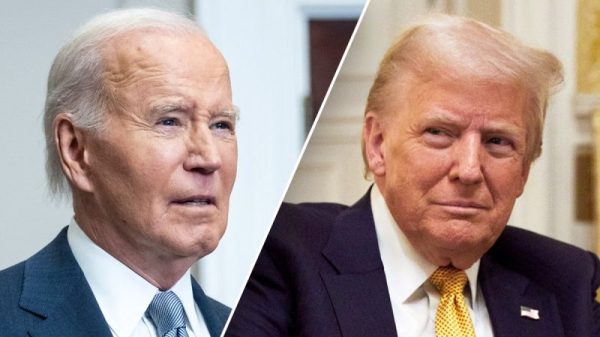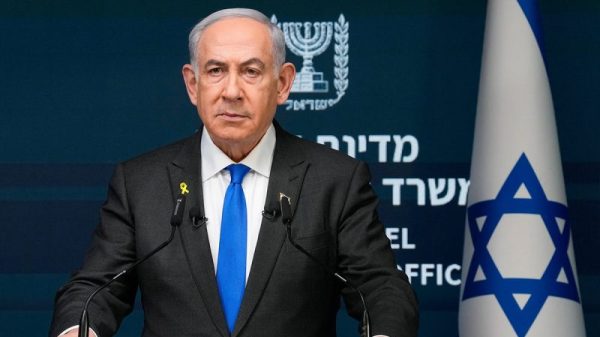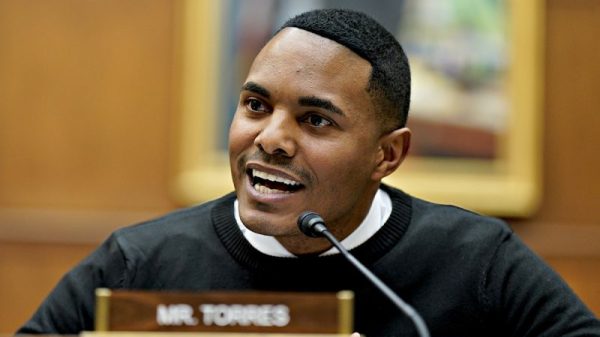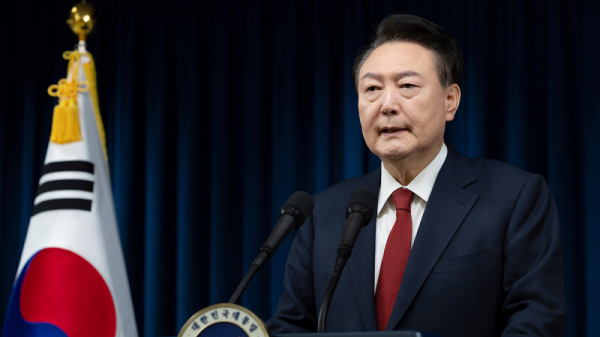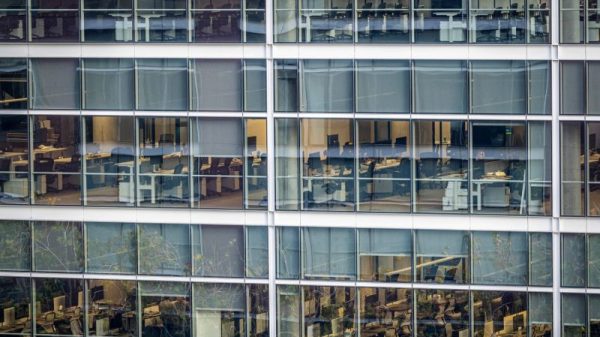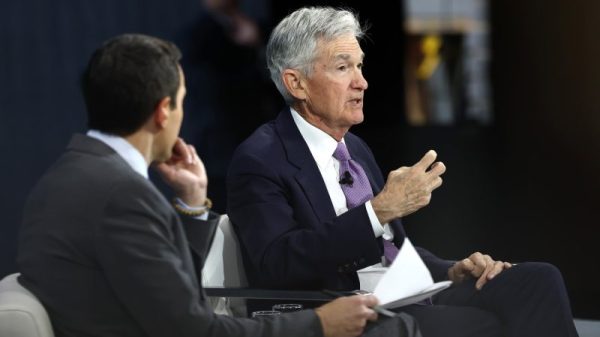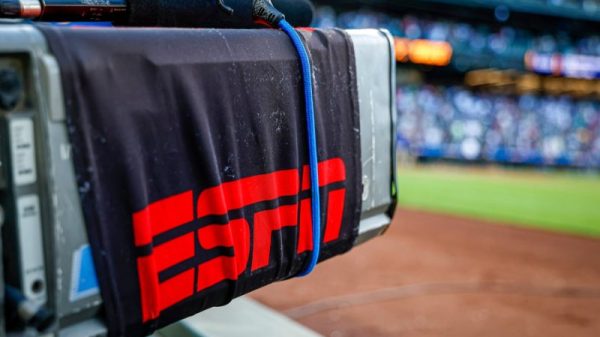Israeli Prime Minister Benjamin Netanyahu is set to take the witness stand for the first time on Tuesday in his ongoing case over alleged fraud and corruption in Israel.
The trial comes as Netanyahu’s government manages several conflicts with Iran and its proxy terrorist groups, as well as the fall of former Syrian President Bashar Assad’s regime this weekend.
The corruption trial kicked off in 2020, with prosecutors accusing Netanyahu of exchanging regulatory favors for positive press coverage in under-the-table dealings with media moguls.
So far, some 140 witnesses have taken the stand in the trial, though that falls short of the 300 witnesses initially expected. Those witnesses include high-profile figures, such as a former prime minister, former security chiefs and media personalities.
Police have already interviewed Netanyahu and his wife multiple times regarding the charges, but Tuesday will be the first time he takes the witness stand.
His testimony will be an arduous process expected to last weeks, with him testifying three days a week for hours at a time. The defense has repeatedly sought to postpone the prime minister’s testimony, but those efforts have come up short.
Critics have accused Netanyahu of drawing out and even escalating Israel’s conflict with Hamas in an effort to delay the legal proceedings. The prosecution rested its case in July, and a verdict is not expected until 2026, at which point either side could then appeal to the country’s supreme court.
Netanyahu is receiving more support in the International Criminal Court’s case against him, however, with American politicians rallying to his defense amid accusations of war crimes. The Pentagon also stated that it ‘fundamentally rejects’ the ICC’s decision to issue arrest warrants for Netanyahu and former Defense Minister Yoav Gallant.
‘We remain concerned by the prosecutor’s rush to seek arrest warrants, and, you know, some of the processes that have played out,’ Deputy Pentagon press secretary Sabrina Singh told reporters in November. ‘And again, we’ve been very clear that the ICC does not have jurisdiction over this matter.’
Several senior members of the Senate have said they would support sanctions against the ICC after it issued the arrest warrants.
The Associated Press contributed to this report.

